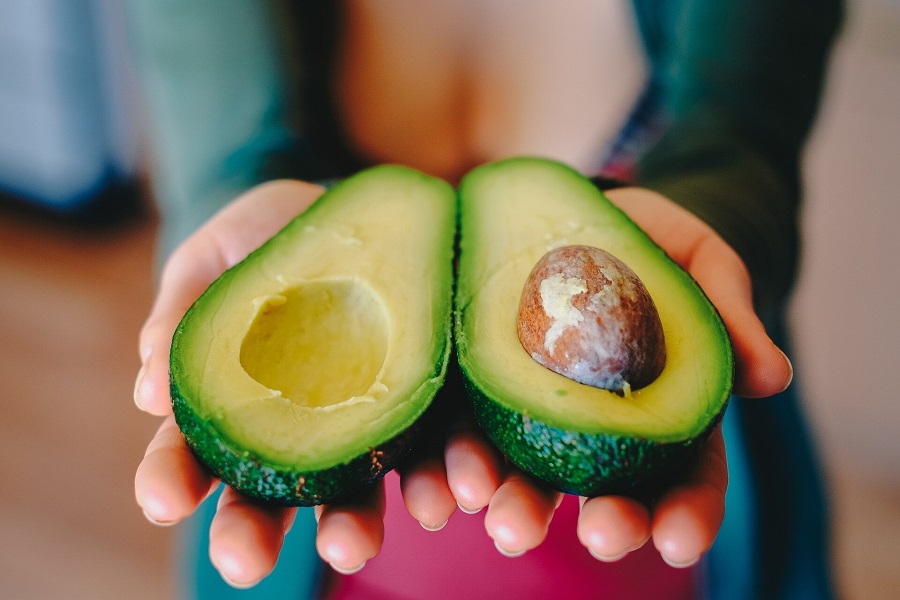11 Dec 2024

Tired Earth
By The Editorial Board

Although plastic allows food to be packaged safely and hygienically, its extensive use constitutes a significant environmental challenge due to its limited recyclability and short shelf life. Thus, industry and the scientific community have been looking for more sustainable alternatives for decades.
A recent study published by the University of Cordoba, in which the University of Girona also participated, has found a way to manufacture a prototype of a material for food packaging that is more eco-friendly, exploiting waste devoid of any added value until now: residues from the pruning of the avocado tree. Spain is the main producer of avocados at the European level, with production being concentrated in the Axarquia region of Málaga.
The paper is published in the journal Advanced Sustainable Systems.
Through a semi-chemical and mechanical process through which the leaves and branches are mixed with soda, refined and defibrated, the study has managed to isolate the fibers from the pruning's woody residue and use them as reinforcing material, replacing a portion of the bioplastic used in food packaging.
According to researcher Ramón Morcillo, lead author of the work and a researcher with the Bioproducts and Process Engineering group at the University of Cordoba, the study has managed to integrate the cellulose resulting from avocado residues using a compatibilizing agent, and at least partially reduce the use of biopolyethylene, a type of bioplastic widely used in the packaging industry and which, despite being of plant origin, is not biodegradable.
Stronger packaging
In addition to its sustainability, this new compound has proven to be more durable, due in part to the strong mechanical properties of natural fibers from avocado pruning residues. The work analyzed how the material performs at different fiber ratios, achieving up to a 49% increase in tensile strength.
The next step within the group's line of research, explained the study's author, will be to evaluate other properties of interest to the industry; for example, the antimicrobial or antioxidant capacities that the new compound may feature, thus opening the door to new forms of conservation that are more sustainable, specialized and adapted to different types of products.
The challenge in the face of regulatory change
Just days ago the European Parliament approved a series of measures to reduce and recycle packaging. Some types of single-use plastic packaging will be banned as of 2030, which poses a real challenge for the industry: to carry out market studies to evaluate the profitability of those forms of sustainable packaging that have been shown to be viable from a scientific point of view.
According to Morcillo, "It's a detailed process that requires a lot of effort and information, but one that is essential for these new materials to be scaled and placed on the market." It remains to be seen how, but in the coming years society will have to solve this pressing challenge of reducing the use of plastic and promoting an economy less dependent on fossil fuels.
Source : phys.org
Comment